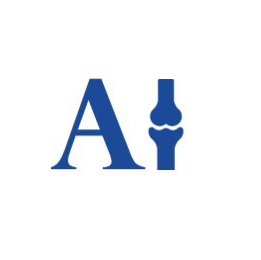
Enti collegati:
The BioRobotics Institute – Scuola Superiore Sant’Anna
Ruolo:
Scientific coordinator
Leonardo Ricotti is Associate Professor of Bioengineering and Biorobotics at SSSA and head of the “Micro-nano-bio systems and targeted therapies” Lab at the BioRobotics Institute. He holds a M.Sc. course on “Miniaturized therapeutic and regenerative technologies” and a PhD course on “Micro-nano-bio systems for medical and technological applications”. He has supervised or co-supervised 10 PhD students, working on therapeutic micro-devices, biomaterials and artificial organs, and 30 M.Sc. theses on bioengineering topics. He carries out innovative research efforts at the interface between different disciplines, such as robotics and mechatronics, materials science, molecular biology and biotechnology and he aims at creating innovative (and potentially disruptive) “match points” between different disciplines. He is co-author of ~90 scientific publications (60 on ISI journals), 6 book chapters on micro-nano systems for biomedical applications. He is also inventor of 9 patents. He is Associate Editor of the IEEE Transactions on NanoBioscience and of the IEEE Transactions on Medical Robotics and Bionics. In 2012, he received the “Massimo Grattarola” award for the best PhD Thesis in bioengineering (Thesis title: “Development of bio-hybrid actuators”). In July 2014, he was awarded with the European Biomaterials and Tissue Engineering Doctoral Award. In 2018, he received regional and national prizes as member of the spin-off company Relief s.r.l. He currently coordinates an European project (ADMAIORA – ADvanced nanocomposite MAterIals fOr in situ treatment and ultRAsound-mediated management of osteoarthritis), funded in the H2020 framework.

